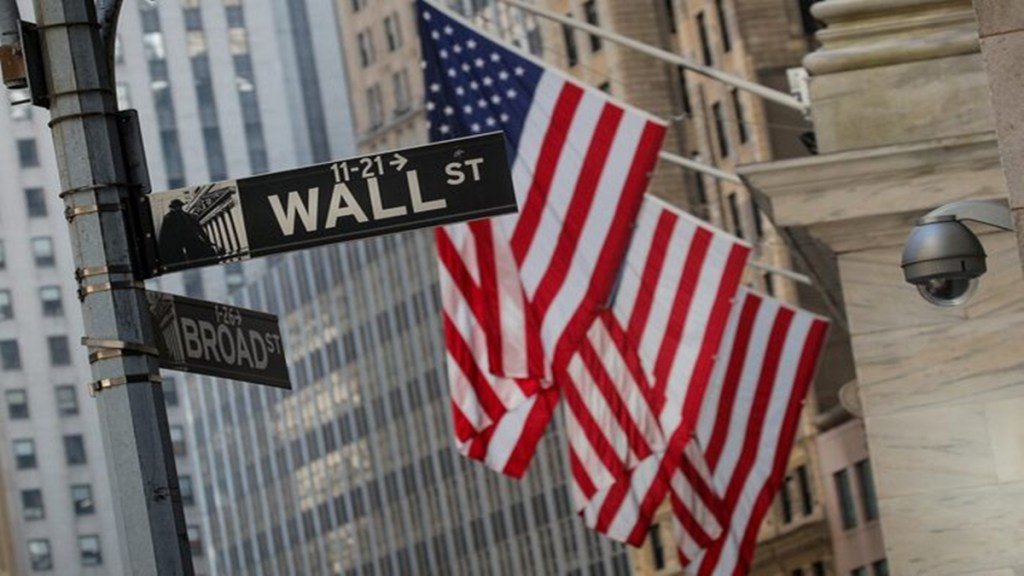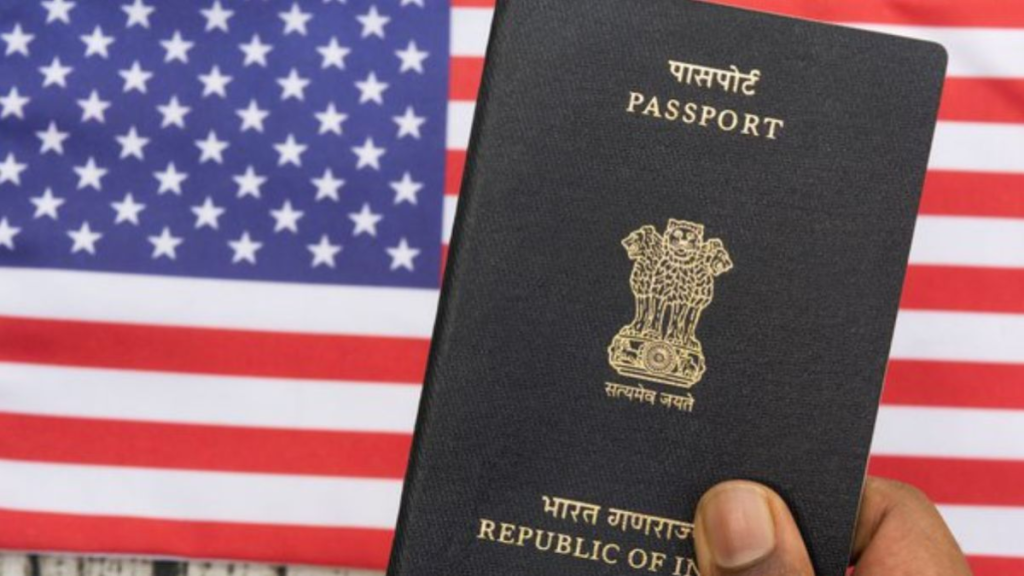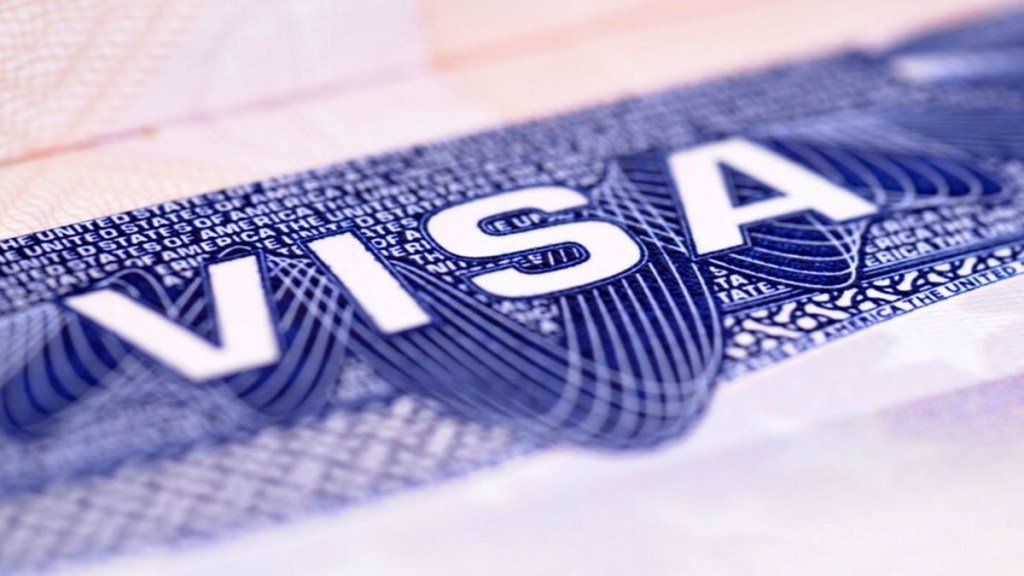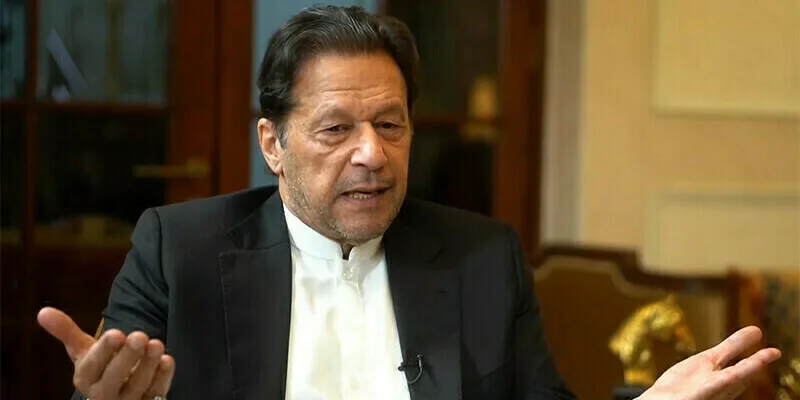
U.S. equity futures declined sharply on Thursday, erasing the strong gains made the previous day. The Dow was down over 700 points, while the S&P 500 and Nasdaq each fell more than 2%, signaling a weak start to the trading session. The rebound seen on Wednesday appears to have been short-lived.
The introduction of new tariffs by the Trump administration has been the most influential factor in recent global market declines. Markets across Japan, Hong Kong, Vietnam, India, Europe, and the U.S. were hit hard. By April 8, U.S. markets alone had lost over $10 trillion in value since the tariffs were announced.
On April 9, markets staged a dramatic reversal. A delay in the implementation of tariffs led to a sharp rally. The Dow and S&P 500 recorded their largest single-day gains in five years, jumping 7.87% and 9.52%, respectively. The Dow added 2,962 points, and the S&P 500 rose by 474 points. The Nasdaq saw its strongest single-day performance since 2001, climbing 12.16%.
The market reaction followed President Trump’s announcement of a three-month pause on all reciprocal tariffs, with the exception of those on China. During this 90-day period, countries that have not responded with retaliatory tariffs will be subject only to a flat 10% tariff rate instead of higher reciprocal rates.
China, however, retaliated swiftly, raising tariffs on U.S. goods to 84%. In response, Trump increased tariffs on Chinese imports to 125%.
There has been no formal explanation for Trump’s decision to delay the tariffs, but the selling pressure in the bond market on April 8 may have influenced the move. While the equity markets had already been under stress, the turbulence in the bond market could have prompted a reassessment.
Attention now turns to the escalating trade conflict between the U.S. and China, which has taken center stage. Negotiations are reportedly underway between the U.S. and several other countries, though the trade standoff with China appears more entrenched.
Importantly, the three-month suspension is only temporary. The tariff policy could return in full force after July 9, when the 90-day pause expires. In financial markets, where billions of dollars can be gained or lost in a single day, three months is a long time.
Analysts are cautious about whether the market rally can continue. Some suggest that unless buyers remain active and committed, the bounce could be limited to a brief relief rally. Others note that the market remains highly sensitive to headlines and diplomatic developments, with optimism quickly turning into volatility when tensions flare again.


















